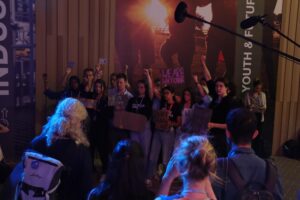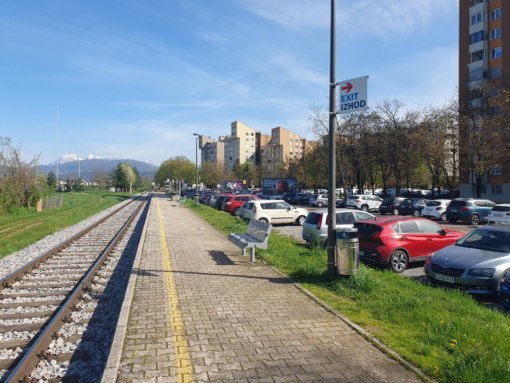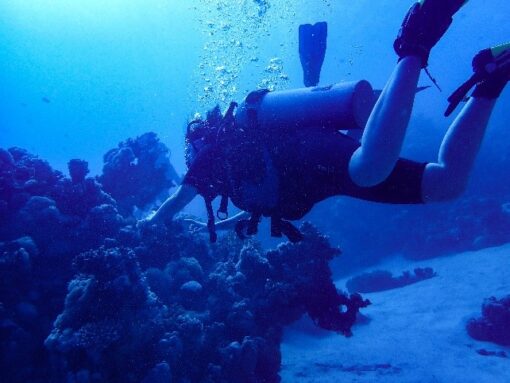This year’s 27th UN Climate Conference, the Conference of the Parties (COP27), took place from November 6th until the early morning of November 20th in Sharm El Sheikh, Egypt. I was able to participate in the second week at the invitation of Greiner AG, a leading global supplier of plastic and foam solutions.
Expectations for the COP27 were low from the beginning and it was branded as an implementation COP from which no leaps forward were expected. Before but also throughout COP, the host country, Egypt, was criticized particularly by civil society and young people for suppressing free speech, accepting major polluters as main sponsors and imposing exorbitant prices on accommodation, transport and food.

As a physicist who has been working in climate research for almost 10 years, my conviction is that scientific facts should guide our actions. Facts like: The more CO2 we emit into the atmosphere, the more CO2 accumulates in the atmosphere and the more our climate warms. This relationship has been known for over 100 years and is undisputed in science. Climate negotiations obviously have to consider a vast range of other dimensions to solve the crisis we are in, but the main question (in my opinion) has to remain: How do we achieve, as quickly and fairly as possible, a world in which we reduce our emissions to such an extent that we do not emit more greenhouse gases into the atmosphere than we remove?
The COPs are tasked with answering this question. This year’s COP saw long-awaited advances on the question of fairness, with Loss and Damage (compensation for climate impacts due to historical emissions) being accepted on the agenda for the first time. But it stayed below expectations and – frankly – below what is necessary according to science in answering most of the other important questions.
Among the people I talked to at COP27 was Thomas Zehetner, the climate spokesperson for WWF Austria. I asked him what would happen if scientists built a perfect climate model until the next COP: a climate model that perfectly simulates the climate system without any uncertainties even in the future (a topic that is very close to my own research). Does he believe that this would influence the negotiations – in other words: Would perfect knowledge of the consequences change the negotiations? His answer was a clear no, “The COP is like a different world of its own, no longer influenced by science.”
However, not all participants shared this pessimistic view. It was the young generation present at COP that gave me most hope that we might still achieve something, that we might still restrict climate change to a manageable level. They were less trapped in the political game played at COP, drawing on scientific results for their argumentations rather than on national interests. Therefore, I see the increased (though still insufficient) inclusion of young people (such as the Austrian youth delegates from CliMates) in COP as maybe the most encouraging development.



